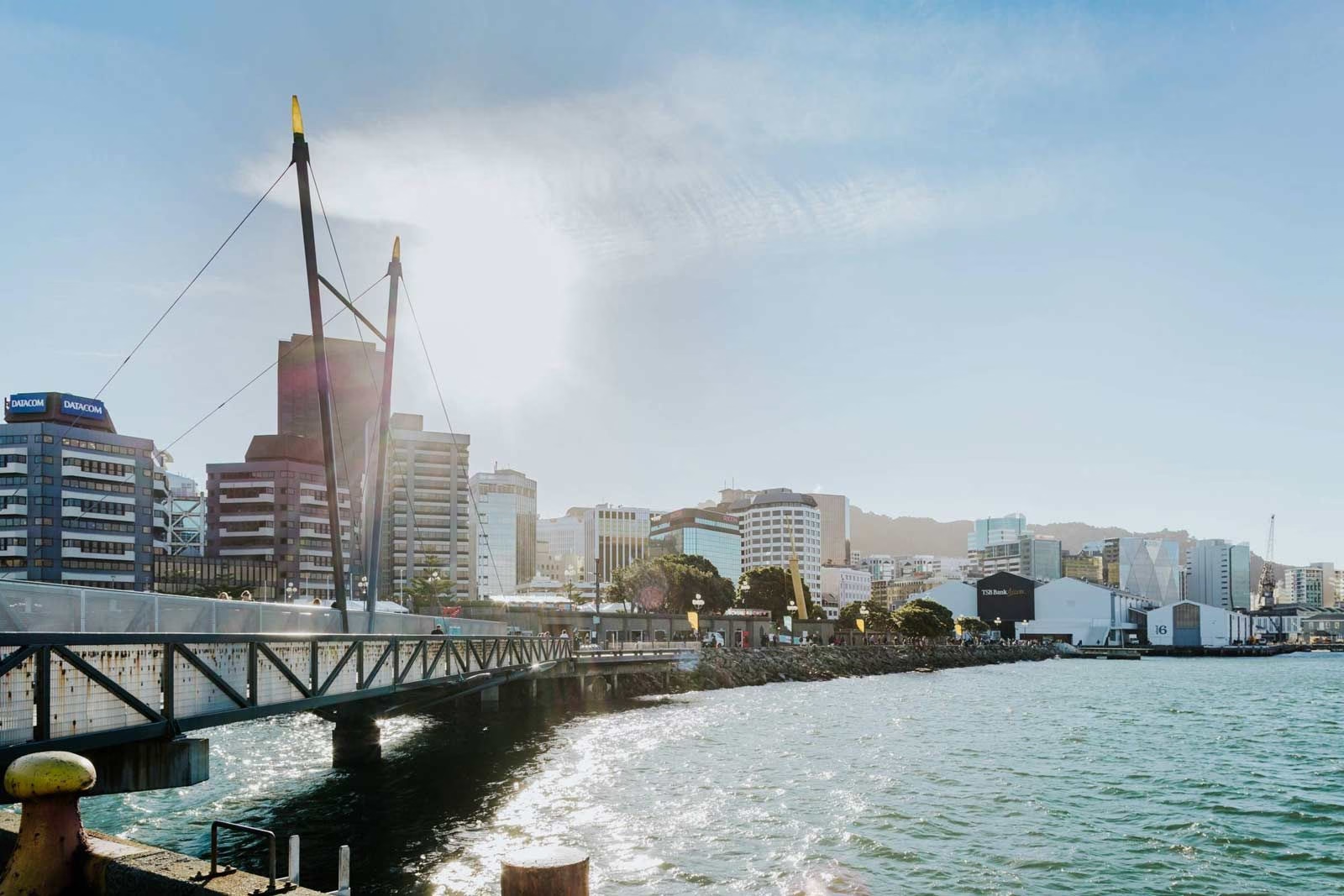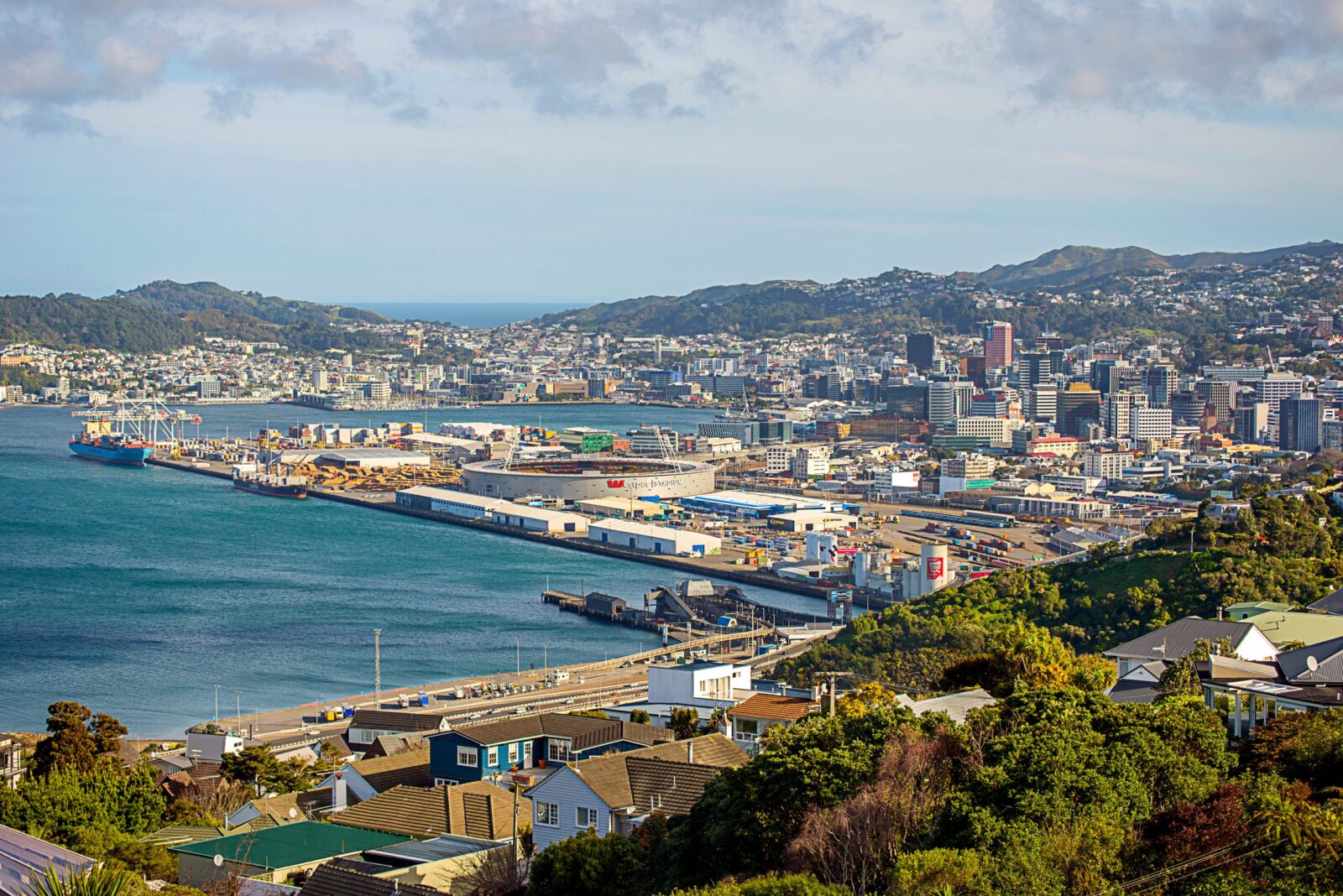Landlords
Ditch the day job

There are no two ways about it, tenant selection is the single most important factor when it comes to the success of your property portfolio.
Property investment isn’t really worth the headache when you think about it. You sink a pile of cash into the property purely for your tenant to punch a hole in the wall, cook meth and never pay rent.
What’s the point? Is it all worth the stress in the long run? Are there any property investors out there who can really ditch the day job or is it all just one big fairy tale?
The truth is, it is possible to create huge wealth through property investment. ?️?
Not only possible in fact, but quite plausible too.
While rental markets around the country vary, the strategy to securing wealth through property investment stays the same, a simple one broken down into three simple steps.
Step one is adding value.
When it comes to property, everyone talks about value. “How much rent will my property get?” is a question we’re met with on a daily basis.
The answer in short is your home is worth whatever someone is prepared to pay for it.
You can’t expect a dilapidated two bedroom flat to rent for the same as one that has been recently renovated. ?️?

Market rent prices are simply indications and guidelines.
The reality is that by improving your property, people will be prepared to offer you more to live there. This is of course nothing revolutionary, but simple principles stand the test of time.
Adding small improvements for your tenants each year will maintain or increase the value of your property. ?
Adding LED lighting can make a huge difference to a property. New whiteware when required, new carpet, fresh paint, landscaping the garden areas, upgrading cabinetry and adding more storage or secure parking are all items that tenants seek and are happy to pay for.
Increasing the value of your asset increases the value of your business.
Step two is cash flow.
Almost a by-product of executing step one well, cashflow allows you the freedom to continue to add value and keep the goal of getting rid of the day job in reach.
Having positive cash flow through the business offers you the ability to quickly expand your portfolio and put yourself into a stronger position as an investor. ??️

Of course, the quicker that you can add to your portfolio, the less impact a short vacancy will have on your portfolio. Maximising cash flow is essential and there are multiple ways to do this. The simplest is knowing your market.
When rental markets fluctuate, you could find that your rental property is not performing to its maximum potential. ?
Keep your finger on the pulse and be mindful of your rights as a landlord to introduce rental increases at appropriate times, and you should find that taking care of the cash flow is a breeze.
Of course, one of the simplest ways to find out how you can better increase the cash flow of your business is to speak to an accountant, which brings us nicely into step three.
Step three is simple; value key relationships.
Whether that be real estate agents, tradespeople, insurance or mortgage brokers, orproperty managers, find people who can add value to your business.
Steve Jobs was the entrepreneur but even he had a massive team behind him to help him achieve his goals.
Having people who know what they are doing in important positions can be the difference between succeeding as a property investor or not. ?

Do your research on the people that you work with and make sure that you are getting the best of the best. To truly succeed at ditching the day jobs, you need people who can give you more time.
After all, there is no point in getting rid of your job to run around after tenants and spend time on the phone with banks.
An effective property management relationship allows someone else to do the hard yards and let you focus on expanding the portfolio, or just doing things that you like doing better than chasing tenants.
It really is a simple game plan.
Executing three steps in conjunction with one another can be difficult at first, but as soon as this plan runs on all cylinders you will never look back. ?
We love revolutionising portfolios for people and would welcome you to call us obligation free to find out how we could do the same for you.
Property investment can be fun, headache free and a great way to grow wealth. You just have to know how.
To learn more about property investment feel free to get in contact with us, 04 381 8601 or visit tommysrentals.co.nz
Feel free to give us a call anytime on04 381 8604 . We would love to help!
Explore more posts like this one
View more
February 23, 2026
Wellington Rental Market Update | February 2026

January 22, 2026
Wellington Rental Market Update | January 2026

November 14, 2025
Wellington Rental Market Update | November 2025
